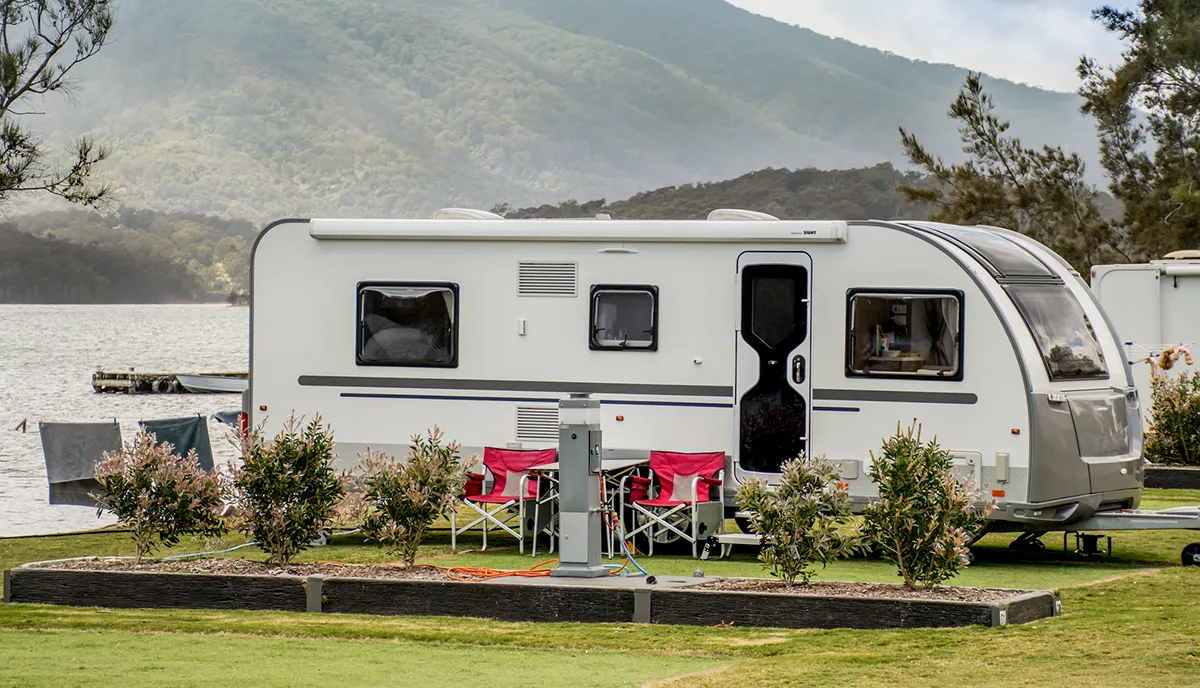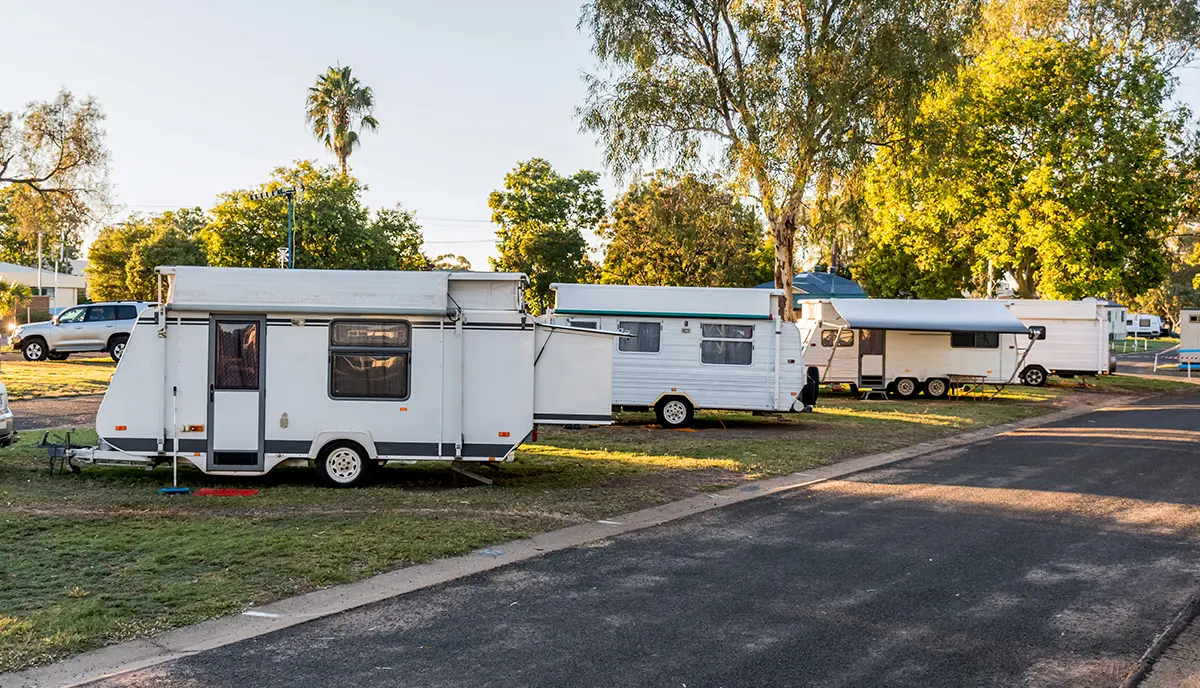Exit strategies - Extracting value from your tourist park business
Exit strategies - Extracting value from your tourist park business
As a tourist park owner, it’s never too early to start thinking about exiting your business. In fact, you should consider exit planning in your original business plan and revisit it throughout the life of your business journey.
The exit planning process can help you identify and set your personal and financial goals and how best to achieve them. It can also help to maximise your financial return when you transfer your business while minimising your tax liability.
Unfortunately, many owners follow a ‘keep going until you drop’ approach. This is the worst possible way of leaving your business. If you suddenly decide to leave the business, the outcome will be less favourable than if you had planned your departure in advance. Below are some questions to ask when starting the exit planning process.
How are you going to exit your business?
The decision to exit can be a strategic move, which is far preferable to a forced sale. As such, it’s essential to have a well thought out plan in place and react to any changing market conditions or personal circumstances. Factors to consider include your personal objectives, the likely timeframe for an exit and the external considerations that will influence your strategy, such as:
- What is happening in the market?
- What are your competitors doing?
- Is there any legislation on the horizon that could have a detrimental impact on your business?
- What do the internal workings of your business look like? You should consider your business’s:
- Existing management capability - Can the park work without you?
- Business resources (including availability of capital) - Are they adequate to meet short and medium-term future growth or ride out an interruption to your business?
- Operational controls and financial reporting systems – Do they provide timely and accurate data on the business performance?
Although you may have decided on the most appropriate exit strategy, you should always remain open to other possibilities during the exit process.
You should also consider the tax implications early. Different tax consequences can arise depending on whether you sell your business assets or the shares in your business. Capital gains tax (CGT) can be a major consideration when selling your business, as it can influence the price you agree to settle on.
Have you considered the value of your tourist park?
Remember, your business is worth only what the highest bidder will pay. This is a common obstacle when selling a business. Your view of what it’s worth may differ greatly from that of a prospective buyer. The price a buyer will pay is not wholly based on historical accounting information.
Instead, it’s strongly influenced by the current profitability, expected future earnings, future development opportunity and the risks involved in achieving those earnings.
When valuing your business, you should consider:
- The business history
- Future prospects
- Cash flow, turnover, efficiency, costs and profitability
- The performance of similar businesses in your sector (i.e. benchmarking)
- The asset backing of the business – land, equipment, data
- Strengths, weaknesses, opportunities and threats of the business.
Have you done everything you can to boost business value?
The extent to which you may be able to groom your tourist or caravan park to enhance its value depends on how early you start. Key focus areas include:
- The management team – Are they competent, have they streamlined operations, are they the best people for the job?
- New services/experiences/product mix – Have you adjusted your services in line with visitor needs and expectations? Have you differentiated your offerings from your competitors?
- Security and/or reliability of earnings (i.e. long term v short term, seasonality)
- Size, location and nature of your business
- Marketing and how you use market-based data to understand your customers (existing and potential)
- The presentation and accuracy of your financial data
- Reviewing the risks around visitors, staff and suppliers
- Ensuring information systems (including financial, quality assurance and strategic planning) are relevant, up-to-date and transparent
- Ensuring all legal agreements and documents are up-to-date and compliant
- How you can maximise revenue and profitability – Increasing occupancy, increasing nightly rates and managing costs.
Building value is one of the most important steps in preparing your business for exit.
How are you going to exit?
Selling a business is a specialist area and considerable skill, time and effort are required to achieve a successful outcome. Even with the right professional help, there is no such thing as a guaranteed sale. Many business sales take between six months and two years to find the right buyer, and some never sell at all.
There are a number of exit options to consider, including:
- A trade sale
- Family succession
- Non-family manager or management buy-out (MBO) / management buy-in (MBI) team
- Innovative solutions
- Voluntary liquidation.
Not all options are available to everyone. It’s best to talk to an expert about what option may be right for you.
How will a business exit affect your wealth preservation and estate planning activities?
Making a controlled exit from a business should result in a planned and seamless transformation into the new life you wish to lead. Adequate planning will ensure that an acceptable lifestyle can be maintained, with the protection of your capital wealth and income built into the transition.
Consider your existing superannuation arrangements, investment portfolio management, and estate planning and asset protection. Succession and exit planning are not a single event but a deliberate, tailored process. It’s never too early to consider the exit strategy for your tourist park business.
Our tourist park experts can support you with your planning for exit, including exit strategies, taxation considerations including CGT, valuations and strategic planning to build value in your tourist park business and ultimately reap the rewards of your hard work.


